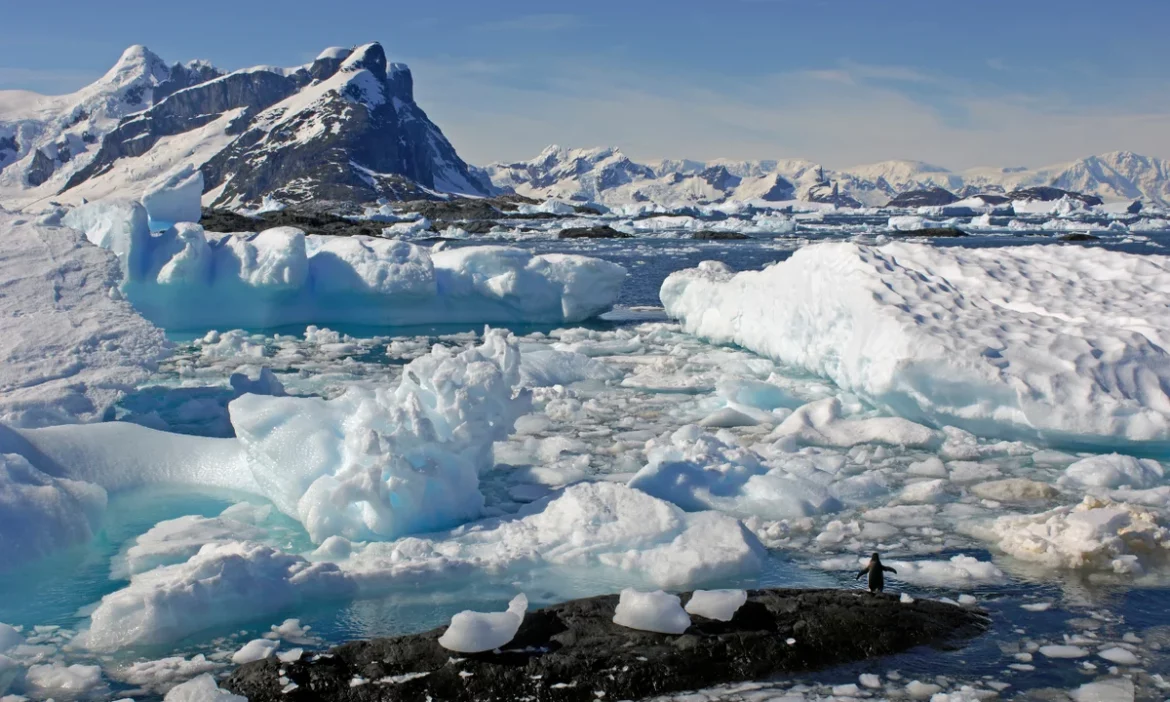A new research has suggested that Antarctic ecosystems could be disrupted by animals, diseases and rubbish floating from Africa and Australia as rising temperatures melt sea ice buffers.
Published in the journal Global Change Biology, the study used a simulation of ocean currents to track the paths of virtual objects released from different locations. Simulations showed objects from Australia, South Africa, South America and New Zealand reached Antarctica every year, while objects from islands in the Southern Ocean made landfall even more frequently.
“Things can drift to Antarctica from much further north than we previously thought,” said Dr Hannah Dawson, who led the research at the University of New South Wales.
While foreign species have not yet settled on Antarctic coasts, the study suggests that waves and currents have carried objects from around the southern hemisphere to Antarctica’s coasts for thousands of years.
Read also: Heat deaths in Europe may triple by end of the century, study finds
“If things are getting there frequently, it must be the cold waters and the icy conditions that are preventing them from actually establishing,” Dawson said. “But these conditions are changing.”
Plants and animals that have previously drifted toward Antarctica may have been destroyed by the floating sea ice that constantly crushes and scrapes against the coastline. Alternatively, they may have been unable to survive the cold.
But as temperatures rise and sea ice melts, foreign species would have a greater chance of colonising the coastline. Antarctic sea ice has fallen to alarming lows for three years in a row.
Rising plastic pollution also means there is more debris the animals can float on to travel south, after the number of plastic particles afloat in the world’s oceans was found to have surpassed 170tn in 2023.
Floating plastic could bring ants and diseases such as bird flu, while drifting kelp and seaweeds could transport crabs, sea stars and slugs, according to Ceridwen Fraser, the study’s co-author and a biogeographer at the University of Otago.
“It’s really worrying for the species of Antarctica,” she said. “If foreign arrivals travelled and successfully settled the warming Antarctic coast, they would have a survival advantage over native species, which tend to be slower to grow.”
Story was adapted from the Guardian.
